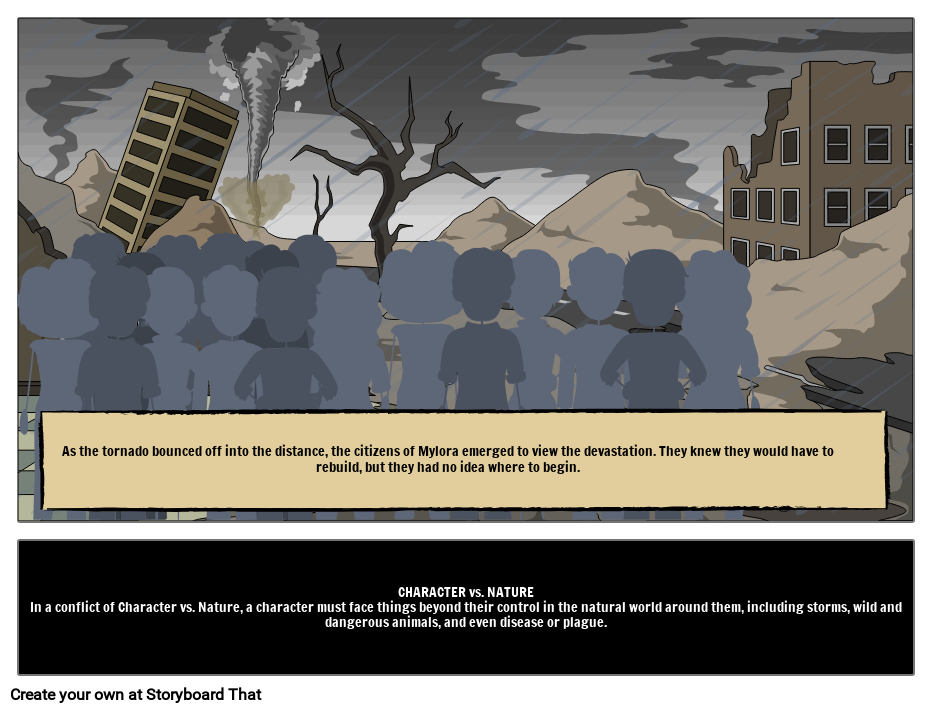In dystopian worlds, the nature depicted is typically pretty grim, dismal, and/or bleak. Nature includes both the natural world (think forests, rivers, greenery) and the non-natural world (think cities, man-made settings). The characters in these dystopian environments are typically heroic by design and are able to survive in nature, either the natural world or the man-made world. Often both. According to new materialism, a theory developed by Jane Bennett and described in Vibrant Matter, these dystopian natures have a thing-power and agency all their own.
 |
Vibrant Matter by Jane Bennett.
https://i.gr-assets.com/images/S/compressed.photo.goodreads.com
/books/1328807459i/7547895._UY475_SS475_.jpg
|
 |
| The Road by Cormac McCarthy https://josephgonzales.com/wp-content/uploads/2019/08 /the-road-cormac-mccarthy-review-book.jpg |
If both man and nature impact each other so heavily, then it becomes impossible to discuss dystopian societies and environments without also discussing the setting and the nature involved. Nature becomes the second protagonist, without ever uttering a single line. According to new materialism, nature has just as much agency as the human protagonists of the story. If we consider nature from this lens, then nature goes from a backseat, from something that is merely used by characters, to being important in its own right because nature actually impacts not only the characters, but the plot and book as a whole as a result.


No comments:
Post a Comment